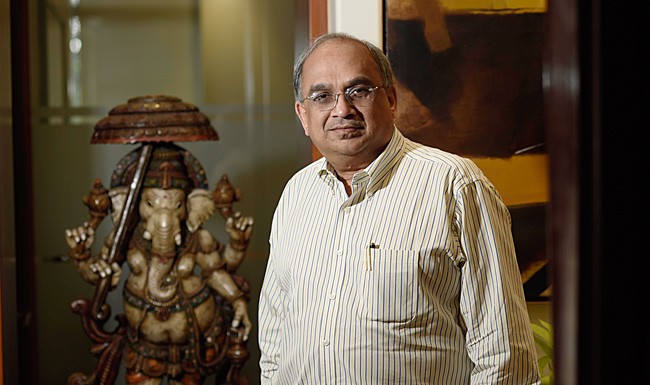
Dharma to create wealth
Bharat Shah, one of the luminaries of the multi-billion dollar ASK group, is not only famed for his stock picking expertise but also for his deep knowledge of stock investing philosophies.
In December 2014, Bharat Shah pointed out that it is the “Dharma” of every investor to create wealth for himself or herself.
“I strongly believe that it is one’s dharma to optimize wealth. Even if it is your money, you don’t have a right to ill-treat it. Putting disproportionate amount of money into fixed income is containing your wealth to poverty,” he said.
This clearly implies that novice investors like you and me are on the right path in our 24×7 quest for multibagger stocks.
He later candidly advised us to only buy stocks of quality companies, where the valuations are reasonable and profits are growing.
He assured that if we buy stocks with this discipline and have the patience to hold onto the stocks for longer periods of time, we would soon be on the road to riches.
P/E is a “rubbish” and “stupid” way of valuing stocks
On the controversial issue of whether investors should buy “high P/E” or “low P/E” stocks, Bharat Shah offered radical advice that the P/E is a “rubbish” and “stupid” way of valuing stocks.
His precise words were as follows:
“Price to earnings ratio is a rubbish way of computing value. But unfortunately that is the most prevalent method. Price to earnings is in fact a derivative of value, but people infer value from P/E. I mean, nothing can be more stupid than this. People will have all kind of rational P/E based on current or next year’s earnings. A P/E of 10 or 15 is good because on the past ten years the average P/E is more or so! I do not know how relevant that can be. The value of a business is intrinsic to the business. Price and opinion on it is external to that. The biggest fallacy of P/E is that it is one year’s earnings compared with today’s price whereas the value of a business comes from the future.”
Naturally, Bharat Shah followed up on his theory by advising us of the seven things that we have to evaluate when deciding whether a stock is investment-worthy or not.
NAMO’s reforms are “path breaking”, “phenomenal” & will “fundamentally alter governance in the economy”
In his latest interview, Bharat Shah has joined the ranks of eminent luminaries who have heaped praise on NAMO.
Recommend Read from a Veteran @ASK_WM https://t.co/x0icd34sJ4
— Ajaya Sharma (@Ajaya_buddy) March 7, 2018
It may be recalled that Rakesh Jhunjhuwala, the Badshah of Dalal Street, has earlier set the tone by praising NAMO and condemning Indira Gandhi for “institutionalizing corruption”.
“In just over a year, six pathbreaking changes have taken place – demonetisation, GST, real estate regulations, Insolvency and Bankruptcy Code, Benami Property Act and bank recapitalisation,” Bharat Shah said.
He explained that each individual piece in itself is a “huge change” and that six of these events coming together in a year is “phenomenal”.
He emphasized that these reforms of NAMO are “fundamentally altering the way governance in the economy and businesses will behave”.
He also assured that these reforms will “transform the character, capability and growth potential of the economy”.
“Never has such rapid transition happened before,” Bharat Shah exclaimed, with awe in his voice.
Economy is in very good shape
Bharat Shah confidently asserted that the “Economy is in very good shape”.
He pointed out that minor hiccups that are being seen are merely “short-term ramifications” of the radical changes brought in by NAMO.
“We are in the process of digesting these changes. So there are bound to be some reactions,” he said in a soothing tone.
Demonetisation & GST have laid foundation for several years of growth
Demonetisation and GST are an attempt to cleanse the behaviour of people at an individual and business level, Bharat Shah explained.
He pointed out that such radical changes can never bring immediate benefits.
“We will have to be patient and give time for these changes to seep through. It will lay the foundation for several years of growth in the economy,” he asserted.
Criticism of GST is unwarranted
NAMO and Arun Jaitley have faced a lot of flak from traders and businesses for alleged inadequate preparation about GST.
However, Bharat Shah turned the tables on the critics.
He explained that the criticism about inadequate preparation for GST is unwarranted because it is the businesses and individuals who were not adequately prepared rather than any shortcoming on part of the government.
He also accused the businesses of being “adept at gaming the system” and wanting to perpetuate it.
“Having found it difficult to game the GST system, the same individuals or entities are finding faults with the new regime,” he said with a frown on his face.
Commendable alacrity and efficiency in ironing out GST issues
Bharat Shah described the speed at which the entire GST infrastructure was put into place as “commendable”.
He pointed out that every issue is being ironed out with alacrity and efficiency.
He also equated the teething troubles with a person moving into a new home and finding that some petty things are amiss.
“The fact is, GST will bring about a transition from non-compliance and tax evasion to compliant and transparent, honest businesses,” he added.
Not concerned about fiscal deficit
Some members of the intelligentsia are concerned about the slippages in the fiscal deficit because that it is supposed to lead to inflation and other economic problems.
However, Bharat Shah made it clear that he is not particularly perturbed about the fact that the revenue collections may not be met and there may be an increase in the fiscal deficit.
He explained that the number is not so critical that it has to be met at any cost.
He also pointed out that the fiscal deficit has increased due to factors like rising crude oil prices and deferral of GST collections.
He also argued that deficit incurred for creation of assets like roads, ports, dams, railways etc is positive at a time when capital formation is not forthcoming from private industry.
Huge earnings growth in individual businesses
Bharat Shah knows better than anyone else that stock prices are a slave of earnings. If the earnings surge, the stock prices are bound to follow suit.
“We have seen huge earnings growth in individual businesses,” he exclaimed with a big smile on his face.
He explained that many good quality businesses have clocked high double digit growth over the past few years.
“The average earnings growth of companies in our portfolio over last eight years is around 25-26% annualised,” he said.
It is explicit that if companies are earning fabulous CAGR earnings of 25%, their stock prices are bound to surge like rockets sooner or later.
Equity has the greatest potential to create wealth
Bharat Shah made the surprising revelation that of the total household wealth in the country, around 45% is in real estate while 20% is in gold.
Nearly 25% is in fixed income which cannot even beat inflation tax to yield any real positive return.
Only 4% is in equities.
“Equity as an asset class has the greatest potential to create wealth. On all three parameters – economic value creation, costs and taxation – equity is superior to other asset classes,” he said.
It is implicit in Bharat Shah’s calculations that more and more investors are expected to flock to Dalal Street to buy stocks in the foreseeable future.
Conclusion
It is obvious that we have to act on Bharat Shah’s advice and buy high-quality stocks which have CAGR earnings of 25% and above. Then, we will also be able to boast of having earned “great wealth” through equities!

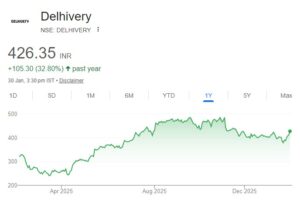
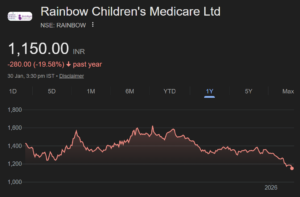
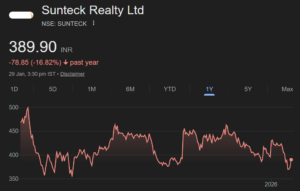
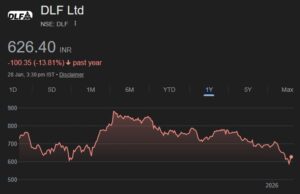

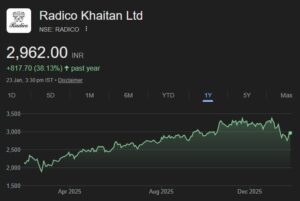
Tci express and Suprajit engineering. Multibaggers.
Economy is in good shape -that means his portfolio is in good shape-nothing else .
Mendonca : I doubt even that. What he wants one to do is to get one to buy so that he can sell. These so-called “wealth managers” cannot be trusted at all. Caveat Emptor !!